Napoleon's mistakes. The invisible front of World War II 1812 year
In full armor
- in approximately the same way Emperor Alexander I tried to console the French Marshal Etienne MacDonald in 1812
When the military leader asked Alexander I about the sources of information about the codes, hinting that the Russians had just stolen the keys, the emperor exclaimed:
This conversation, cited by the American historian Fletcher Pratt, very eloquently shows what role Russian cryptographers played in the victory over the most powerful army in the world.
Together with Napoleonic France, Russia entered the eve of war already with a sufficiently developed cryptographic service. In the newly formed Ministry of Foreign Affairs in 1802, three secret expeditions were created, which were later renamed branches. In the first two, digital, they were engaged in encryption and decryption, and in the third they looked through correspondence. Civil or “unclassified” expeditions were responsible for contacts with Asia (1 expedition), correspondence with the Tsaregrad mission (2 expedition), issuing foreign passports, “correspondence in French with ministers” (3 expedition), as well as dealt with notes and other correspondence from foreign ambassadors (4 expedition). The protagonist in the secret work of the Ministry of Foreign Affairs was the Head of the Chancellery, which, since 1809, was led by Andrei Andreevich Gervais, who previously headed the first digital expedition.
As in France, the special services of the Russian Empire used two types of ciphers, differing in the level of cryptographic strength - general and individual. The former were intended for routine work with several recipients at once, usually within a country or region. And individual ciphers were for communication with officials of the highest government levels. In their complexity, such cryptographic systems were not a cut above the French ones, but their security was incomparably better organized - dispatches very rarely fell into the hands of the enemy. At the same time, it is worth remembering that cryptographers left the manual writing of encoded texts - the Ministry of Foreign Affairs had then-modern lithography, which allowed printing. But cryptographically secure dispatches had to be delivered to the addressees somehow. This was previously taken care of by Emperor Paul I, when on December 12 of the 1796 of the year 13 he established the Feldeger Corps, which initially consisted of one officer and the XNUMX courier. Over time, the staff of specialists of this department will expand significantly, and the functionality will include delivery of correspondence not only to recipients in Russia, but also abroad. In wartime, it was the courier who provided uninterrupted and expeditious delivery of especially important documents from the main apartment of Emperor Alexander I.
At the same time as the courier service in Russia, the Higher Military Police appeared, which largely performed counterintelligence functions in the army. It was the specialists of this unit who provided protection for the information exchanged between the highest military and political ranks. In this case, several approaches were used. First of all, with every suspicion of discrediting or replacing an agent, it was supposed to change “tsifiri” to new ones. When sending particularly important dispatches, the Higher Military Police demanded to send at least three copies with three different couriers on different routes, which practically guaranteed protection from interceptions. In the case of extreme urgency when sending letters, when it was impossible to use encryption, writing was allowed in sympathetic ink, but strictly only by those “which will be delivered from the Main Apartment”.
Among the measures that allowed Russia to successfully confront the Napoleonic army on an invisible front, the creation of the Ministry of War in February 1812, which included the Special Chancellery, can be highlighted. The head of the office, which actually became the first of its kind foreign intelligence agency, was Alexey Voeikov, who began his career as an orderly for Alexander Suvorov. Even before the war, Alexander Ivanovich Chernyshev was the most important Russian intelligence agent in Paris - he not only successfully recruited employees of the French Foreign Ministry, but managed to supply Napoleon himself with fake Russian cards. This seriously slowed the way for the French to Moscow.
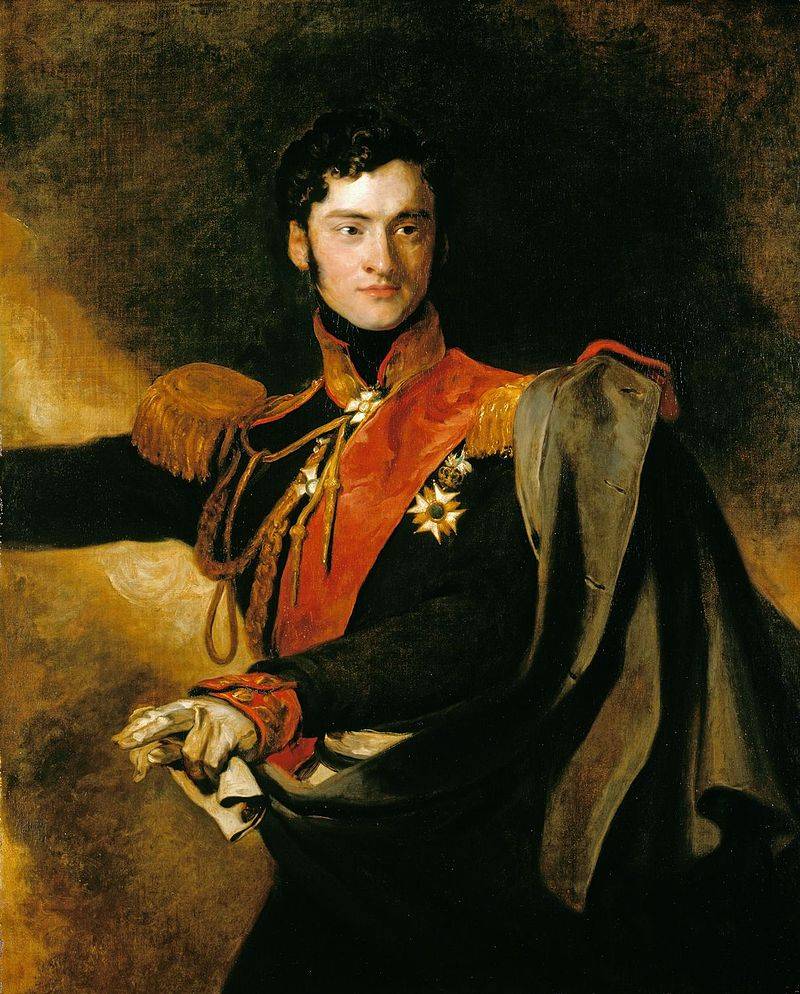
In cryptographic terms, France was a fairly easy object of study for the Russian special services - domestic decoders and perlustrators have been reading the secret correspondence of the French since the middle of the 1808th century. At the same time, Napoleon himself was surrounded by agents supplying the Russian imperial court with information of strategic importance. One of these was Foreign Minister Charles Talleyrand, who offered his services to Alexander I back in XNUMX. Talleyrand leaked everything - the country's internal and external affairs, the combat readiness and size of the army, as well as the date of the attack on Russia. IN historical There is little information available about whether the French Foreign Minister disclosed decryption keys to Russian messengers, but the likelihood of this was high. Still, Talleyrand had access to encryption of the entire diplomatic mail of France and could share the keys with Alexander I for an acceptable fee. However, as soon as the corrupt Frenchman offered his services to Austria (and even raised prices to the skies), the Russians gradually curtailed contacts with him.
Candidate of technical sciences, associate professor of the MIREA department Dmitry Larin in one of his articles cites words that very well describe Talleyrand:
In France, the name Talleyrand is still associated with corruption, greed and unprincipledness.
The whole range of special services allowed Russia to successfully prepare for Napoleon's invasion and always be several steps ahead of the enemy.
Napoleon misses the initiative
The emperor of France paradoxically ignored the cryptographic service in the army. One of the historians of France wrote:
At the same time, Napoleon was definitely let down by an arrogant attitude towards the Russian people - he seriously believed that his codes could not be revealed to the backward eastern neighbors.
At the same time, intelligence agencies under the emperor were in the prime of their influence. In 1796, the Secret Bureau was established under the leadership of Jean Landreux. The department had many branches throughout Europe, only in Russia it was not possible to create anything like this. Napoleon also had his “Black Cabinets” under the supervision of Antoine Lavalette, Chief of Post. This Lavalette is worthy of special mention. The fact is that with the restoration of the Bourbons, the former head of the post and all the censorship of France, of course, decided to execute. And just the day before, a spouse came to the unfortunate woman who exchanged dresses with Lavalet and he left the prison unharmed in a woman’s robe. Of course, no one beheaded his wife, but they did not let her out of the prison either - she went crazy in prison.
But back to Napoleon's cryptographers, who used several ciphers in their practice. The simplest were intended for the exchange of information between small army units, and the so-called Small and Large Emperor codes were used to connect Napoleon with important military leaders. Needless to say, Russian cryptanalysts read the entire correspondence of the French emperor? This was largely helped by the negligence with which the dispatches were encrypted in the army. Often in the intercepted French documents only the most important content was encrypted, the rest was written in clear text, which greatly simplified the "hacking" of the encoding. And in the Moscow fire, Napoleon’s keys to ciphers were burnt out altogether, so for some time I also had to use plain text. The stretched communications of the French troops became a real scourge for Napoleon's correspondence to France. Partisans and flying detachments of Russian hussars intercepted a considerable part of letters from the military leadership to their homeland and controlled units. One of the most effective “interceptors” was Denis Davydov, who with enviable regularity sent to the center a report on the deployment of French troops, their strength and leadership plans.
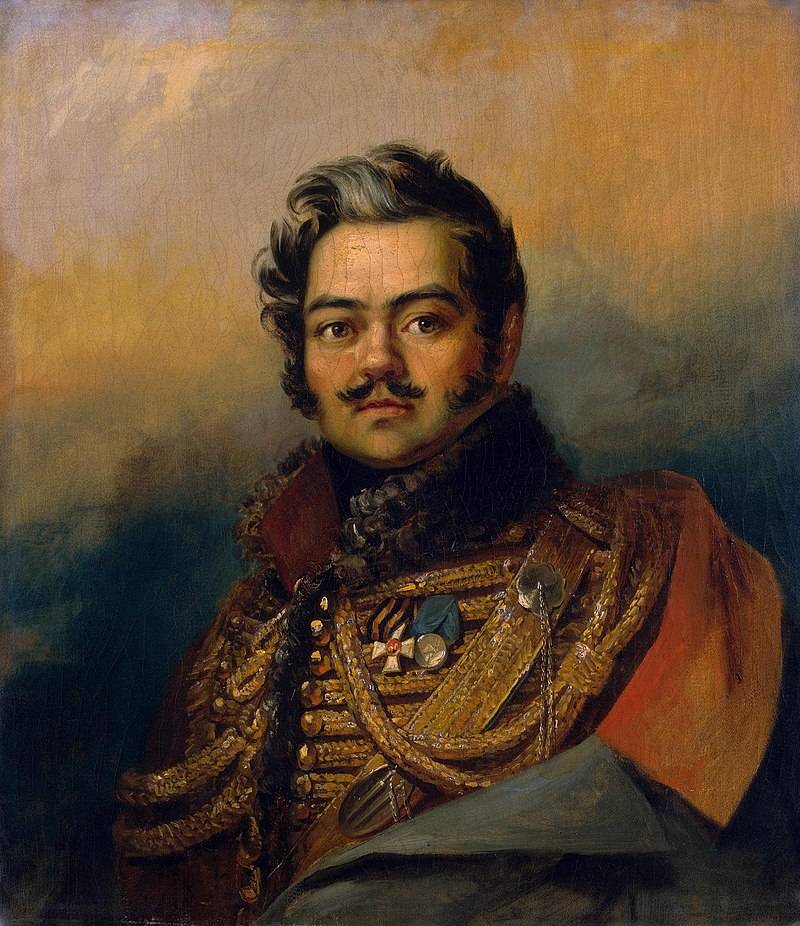
The information war unleashed by the Russians proved effective against Napoleon. So, with the French attack on Russia, the emperor was immediately declared outside the church and called the Antichrist. This effectively closed off all attempts by the French to persuade the local population to their side and made it impossible to recruit spies. Even for the craziest money, it was not possible to find scouts who would agree to infiltrate Moscow or Petersburg.
- wrote in his memoirs the French diplomat Arman Kolenkur.
More or less, it was possible to agree on the delivery of secret dispatches to France - on average, the price for such a trip was 2500 francs.
In the end I will give an example of the successful interception and decryption of the order of the Marshal of the Empire, Louis Bertier, to one of his generals 5 on October 1812. Such a valuable letter (it spoke about the redeployment of all equipment and equipment of the army on the Mozhaisk road) was taken with a fight by a detachment of Colonel Kudashev. Kutuzov instantly stopped the pursuit of the remnants of the unfinished units of Marshal Murat and blocked the Kaluga road. This blocked the French road to the south, and they were forced to retreat along the Smolensk road. And this area was previously plundered and devastated by them ...
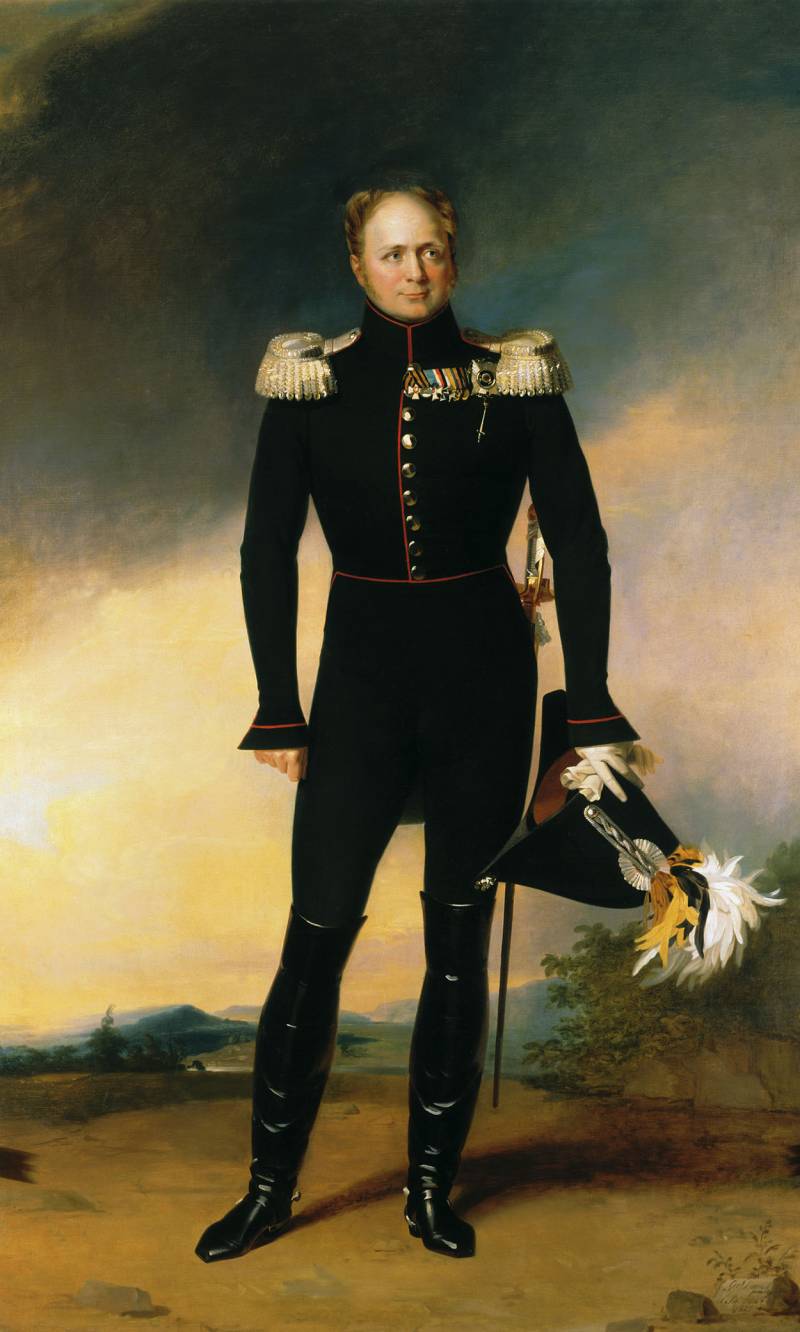
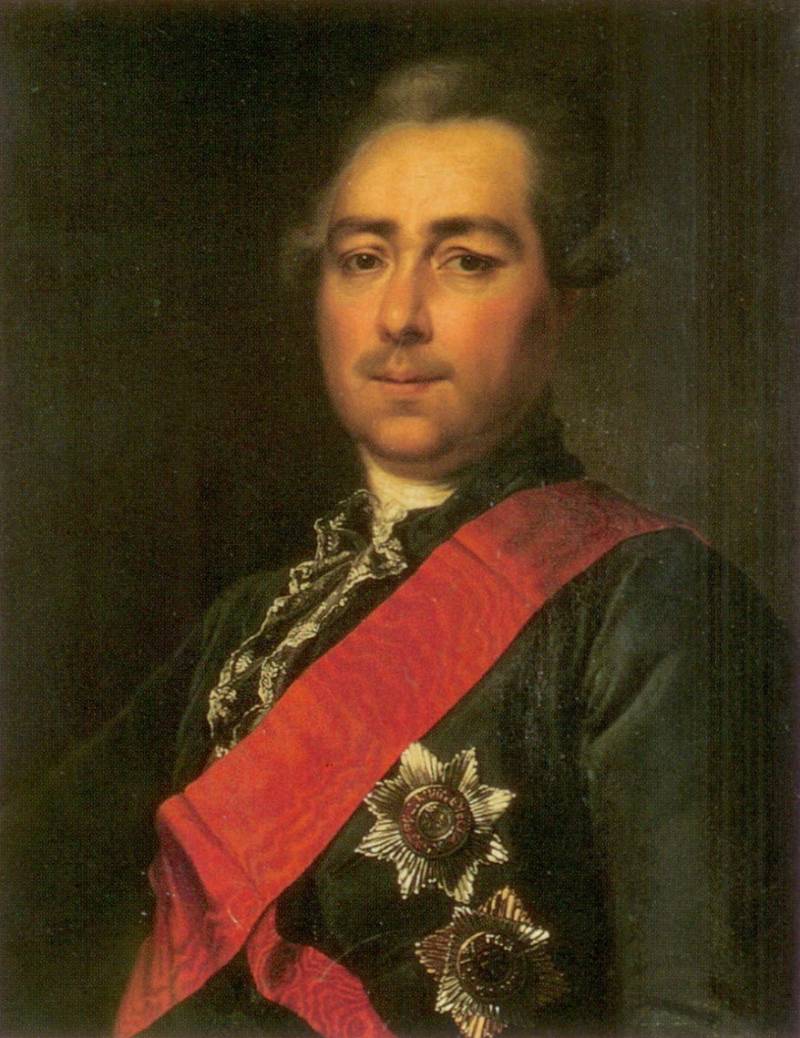
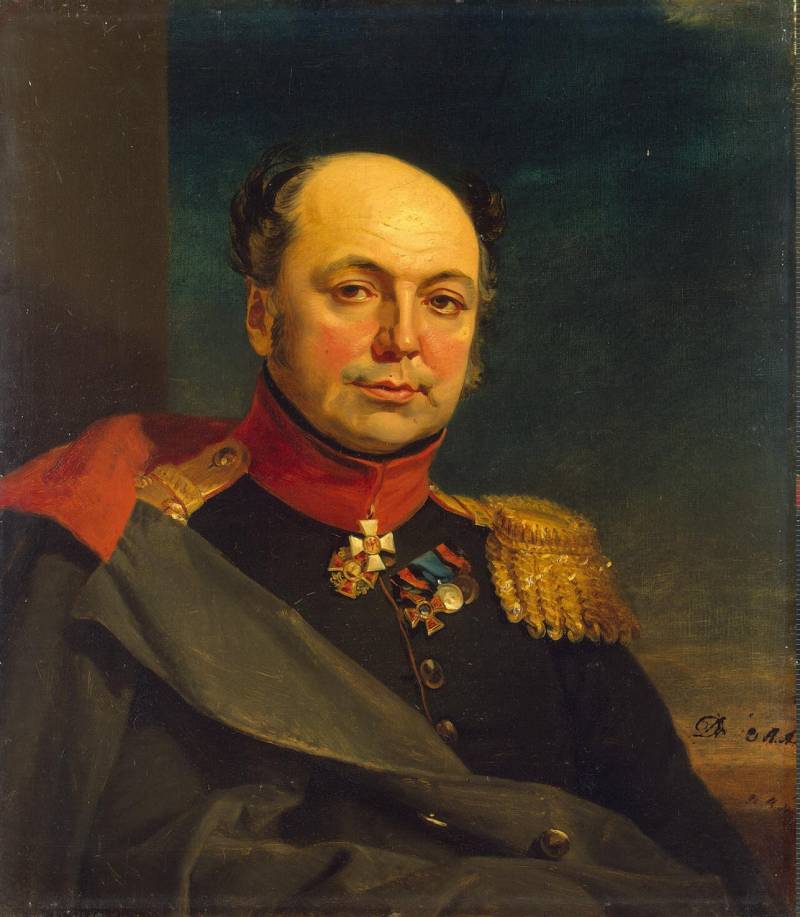
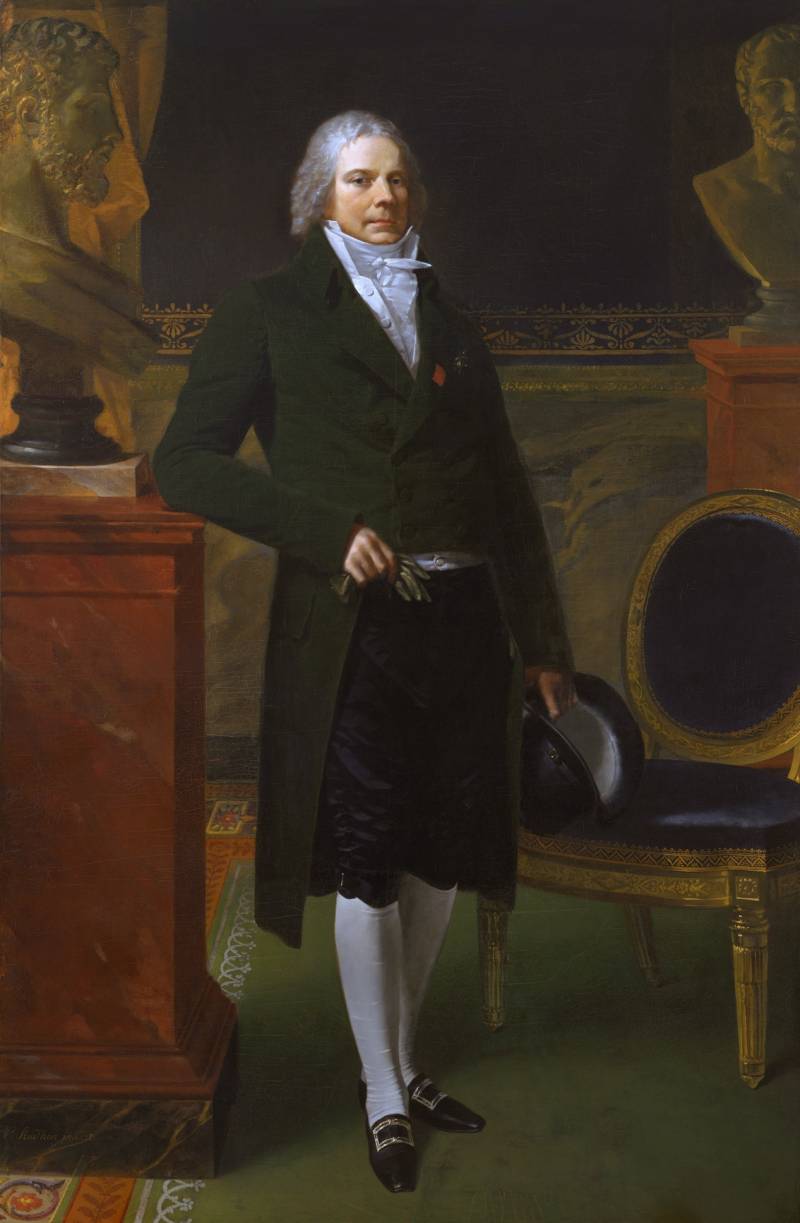
Information